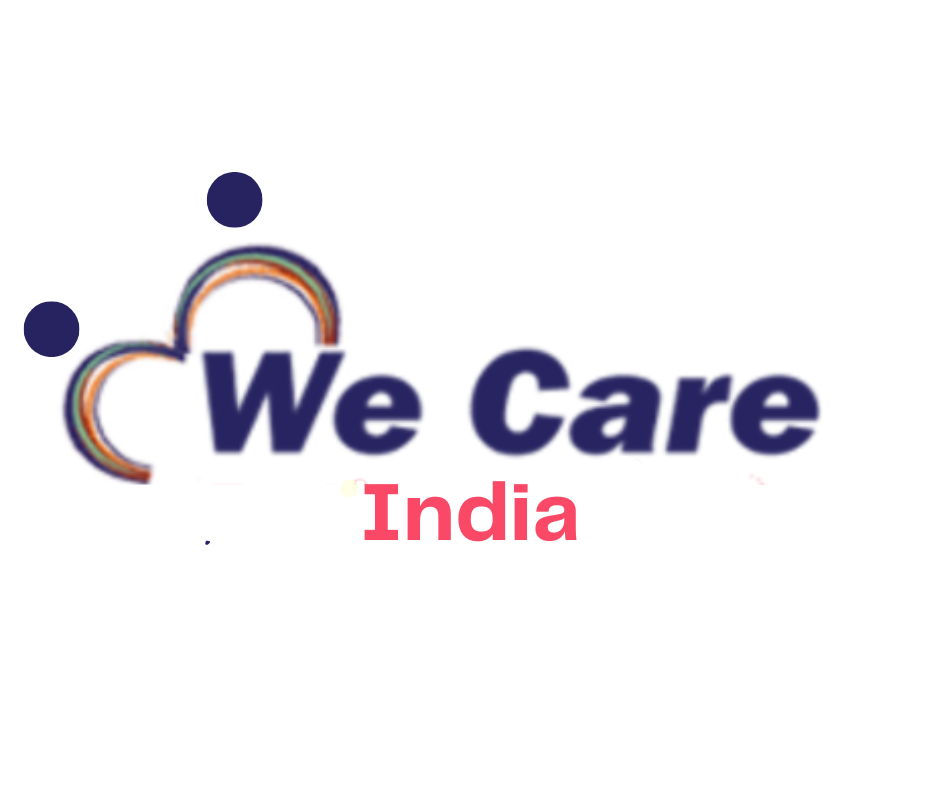The following are the signs of Heart Attack which need to be caught early and these are:
a) Chest discomfort: In most of the cases of heart attacks you will feel discomfort in the center of the chest which lasts more than a few minutes or sometimes it may go away and then return. You will feel like uncomfortable pressure, pain, squeezing or fullness.
b) Sweating: This is a symptom where you can feel similar to hormonal hot flashes or night sweats.
c) Shortness of breath: This symptom of heart attack can occur with or without chest discomfort.
d) Discomfort in other areas of the upper body: You may experience discomfort or pain in your one or both arms, the back, neck, jaw or stomach.
e) Nausea: This is a feeling of sickness which has been associated with your stomach, but it can also be related to heart problems.
f) Fainting and light-headedness: This is a symptom of heart attack where you feel extreme weakness, dizziness, or anxiety.
g) Extreme fatigue: This is a heart attack symptom where you can feel extreme tiredness which lasts for days, or weeks and can be a sign of heart trouble. This symptom commonly found in women.
When to see a Heart Surgeon?
You need to immediately visit a heart surgeon as some people wait too long because they are not able to recognize the important signs and symptoms of a heart attack. Take the following steps:
- In case, you suspect that you are having a heart attack in such condition immediately call for emergency medical help without any hesitation. You can immediately call 911 or your local emergency help number. If you do not have access to emergency medical services, in such condition ask someone to take you to the nearest hospital.
If there is no one around you in that case only you can drive yourself to the hospital. Because your condition can worsen and driving yourself can put you and others at risk.
- In case your doctor has prescribed you a nitro-glycerine you can take that medicine as instructed while awaiting emergency help.
- You can also take aspirin if recommended as taking aspirin during a heart attack could reduce the chances of heart damage and keep your blood from clotting.
Aspirin is a medicine which can interact with other medications, however, don’t take an aspirin unless your doctor recommends it. Also, after taking aspirin don’t delay to call at 911.
What are the Risk Factors of a Heart Attack?
The following are the risk factors due to which heart attack occurs and these are:
- Age: Women with the age of 55 or older and men with the age of 45 or older are more likely to have a heart attack as compared to younger men and women.
- Family history of a heart attack: If anyone in your blood relation has had early heart attacks, in that case, you might be at increased risk of a heart attack.
- High blood pressure: In case, you have high blood pressure from a long period of time which can damage the arteries that feed your heart. High blood pressure can occur due to obesity, high cholesterol or diabetes, etc. can increase the risk of a heart attack.
- High blood cholesterol levels: If there is a high level of low-density lipoprotein cholesterol which is the bad cholesterol is most likely to narrow your arteries. A high level of triglycerides is a type of fat blood which is related to your diet and keep ups your risk of a heart attack. However, if the high-density lipoprotein cholesterol is at a high level which is good cholesterol and lowers down the risk of a heart attack.
- Obesity: If you are obese then you then it will increase the risk of high blood cholesterol levels, high triglyceride levels, high blood pressure, and diabetes. It has been found that losing just 10% of your body weight can lower the risk of a heart attack.
- Diabetes: If you are diabetic and you are not producing enough hormones which are secreted by your pancreas or you are not responding to insulin properly will affect your body’s blood sugar levels to rise up which will increase the risk of a heart attack.
- Stress: Stress is the most common risk factor which increases your risk of a heart attack.
- Lack of physical activity: If you do not regularly do any physical activity then you are at the higher risk of heart attack as compare to those people who exercise regularly and they have better cardiovascular fitness, including lower high blood pressure.
- Tobacco: The consumption of smoke can also be a reason of heart attack.
- Metabolic syndrome: This condition occurs when you are dealing with the cause of obesity, high blood pressure, and high blood sugar; in that case, metabolic syndrome makes you twice as likely to develop heart disease.
- Illicit drug use: Usage of drugs, such as cocaine or amphetamines, etc. can trigger a spasm of your coronary arteries which increases the risk of a heart attack.
- An autoimmune condition: If you are dealing with the condition like rheumatoid arthritis or lupus can increase your risk of a heart attack.
How to Prevent a Heart Attack?
The best ways to prevent a heart attack is a healthy lifestyle which includes the following:
- Quit smoking
- Take proper healthy and balanced diet.
- Do regular exercise
- Take plenty of good quality sleep
- Keep your blood sugar under control
- Reduce your alcohol consumption.
- Maintain your blood cholesterol at optimum levels.
- Keep your blood pressure under control
- Maintain your healthy body weight according to your body mass index (BMI).
- Avoid taking stress where possible
- Learn how to manage yourself in a stressful situation.
Recovery from a Heart Attack
Recovery from a heart attack is a gradual process which mainly depends on the severity of the heart attack and other factors which includes the age of the person. The heart surgeon in India at We Care India hospitals will design some of the physical activities which help you in recovering from a heart attack.



